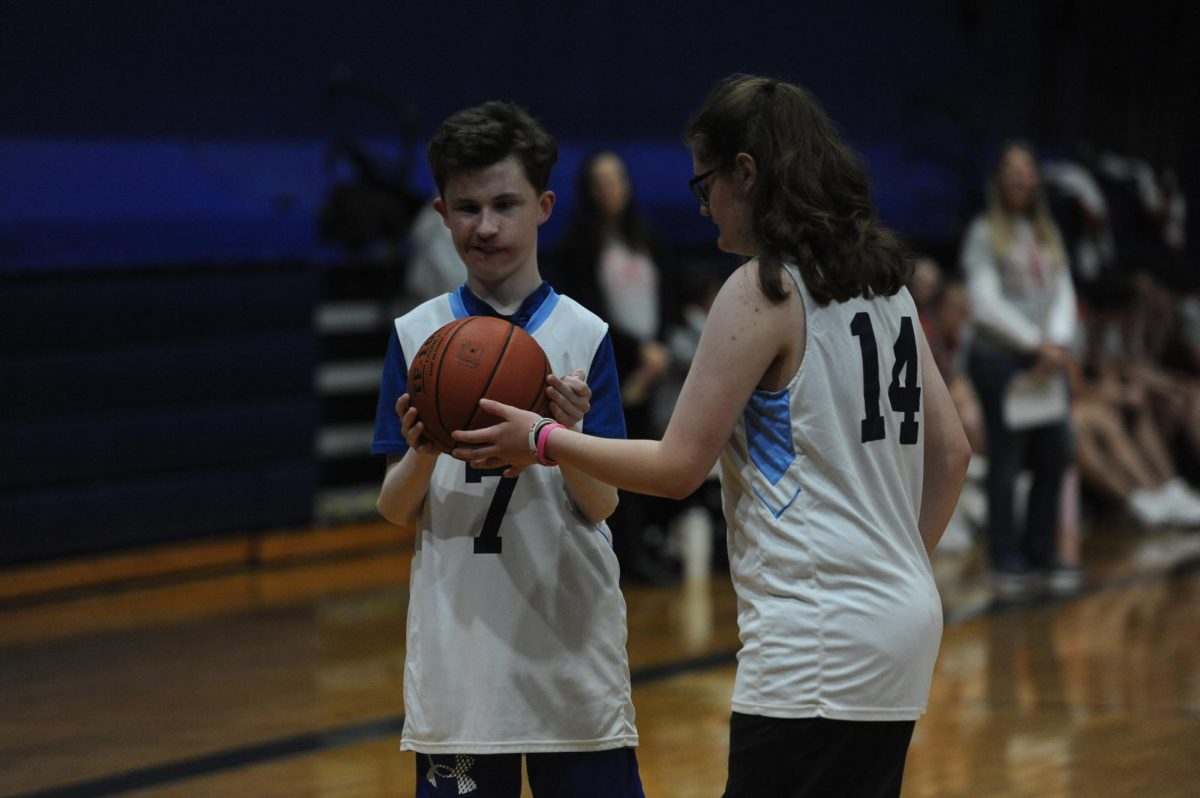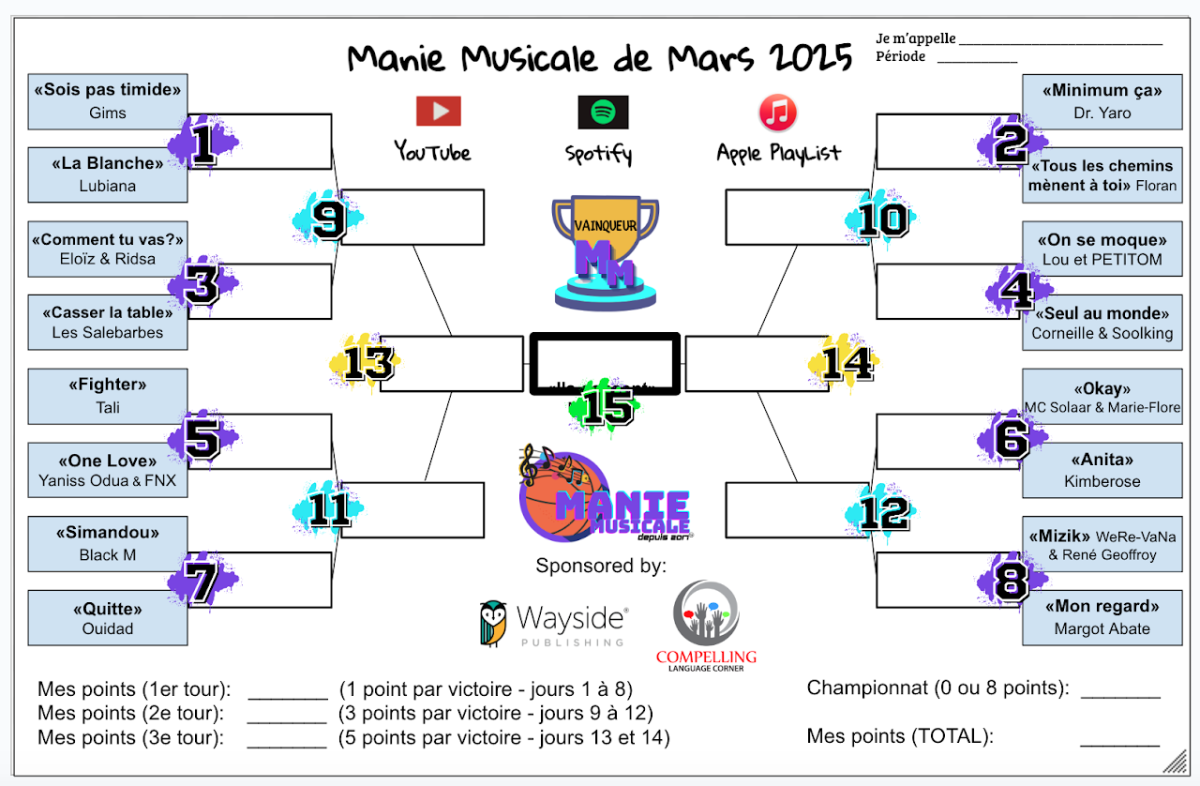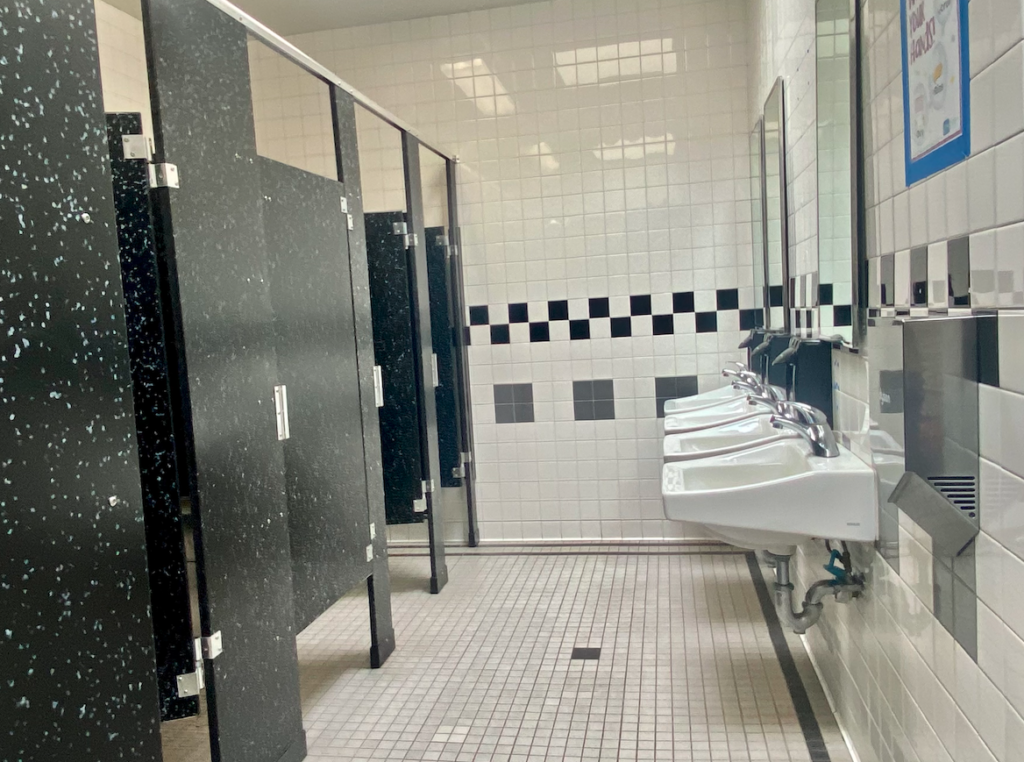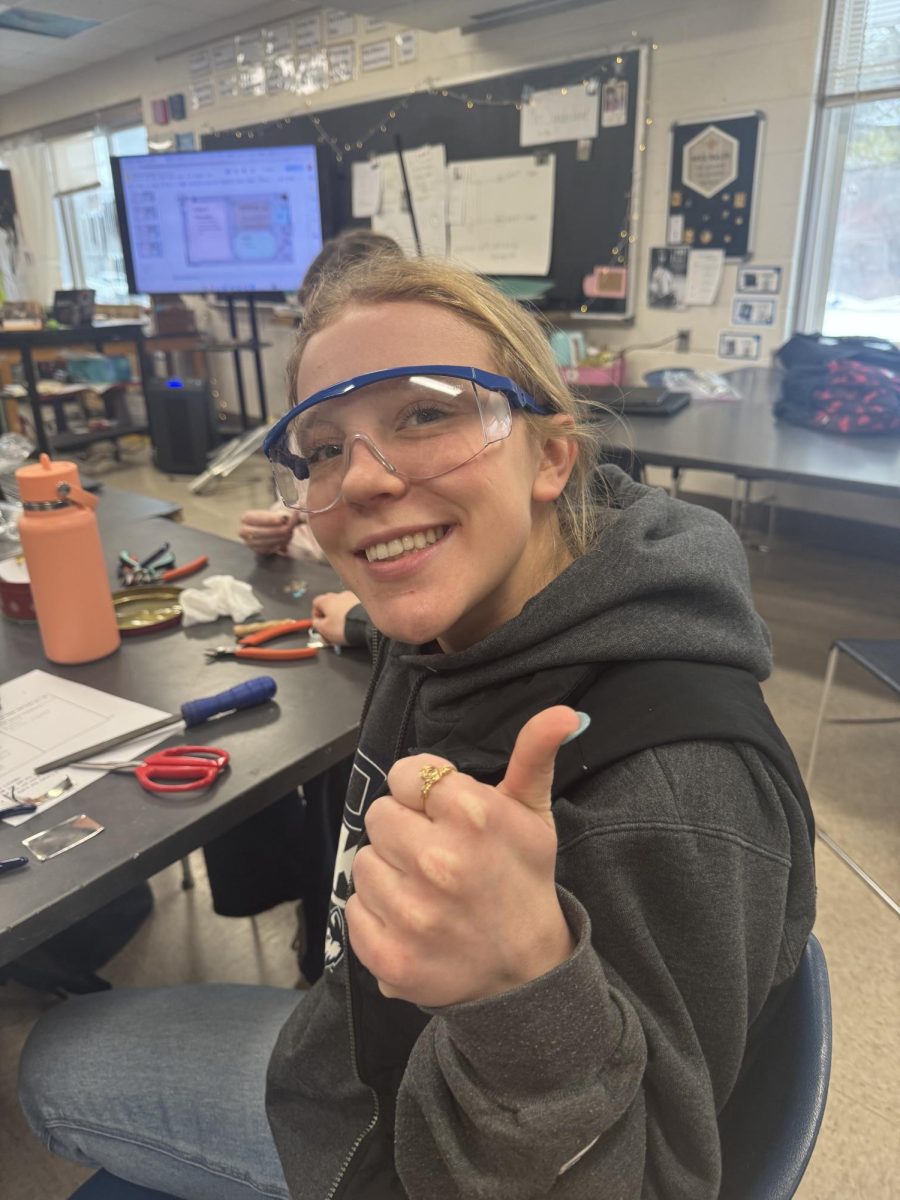While the college application process can seem far away, getting an early start on preparation is key to feeling confident and ready when the time comes to apply. Each year of high school offers new opportunities to build your college resume, strengthen your academic standing, and explore your interests. Whether you’re a freshman just starting out high school or a senior already entrenched in the college application process, understanding what to do at each grade level will help you stay focused and on track. This article will be geared specifically to those students who are planning to attend college after high school and submit applications by a deadline known as “regular decision.” While it varies from college to college, regular decision just means that all materials and supplements, including a college essay, a final transcript, recommendations, and any personal information, must be submitted by that date and time in order for the college to consider your application. This guide will break down the next steps for grades nine through twelve to make application season a breeze.
9th Grade: To any freshman, ninth grade is a golden opportunity to get involved in extracurricular activities, lay down strong academic habits, and build lasting relationships with teachers (whom you will need recommendations from later on). Near the beginning of each academic year, YHS hosts an activities fair where students can sign up for clubs to participate in. As a freshman, it is important to join any and all clubs and sports that you have even a modicum of interest in. This gives you the best chances of finding what you’re passionate about and want to continue participating in throughout high school. Admissions officers like to see strong vested interest in a variety of activities, so getting involved early is a good sign. Next up, maintaining good academic habits during freshman year is important. This lays down the groundwork for all four years of high school so that you can be successful and keep that GPA up. Finally, make sure that you get to know a few of your teachers so that they remember you and can write strong recommendations for you when the time comes. If you’re no longer a freshman and have done none of these things, fear not, for there are still three years left of high school!
10th Grade: To any sophomores, tenth grade is an opportunity to challenge yourself with coursework, get more involved in your extracurricular activities, and develop credentials for the various honor societies you can apply for during your junior year. One way to challenge yourself with coursework is to take honors or advanced placement (AP) courses. Admissions officers like to see that you challenged yourself and upped your course leveling during high school. However, make sure to have balance in your schedule, as not to disrupt your GPA. Another thing during your sophomore year is to get more involved in your extracurricular activities. Ideally, narrow down your activities to those you feel most passionate about and spend the most time in. That way, you are prepared for a leadership role as an upperclassman in those clubs and sports. Finally, it is important to start preparing for your application to the honor societies at YHS. For language honors societies, make sure that you maintain a cumulative world language grade of 93.00 or above to be eligible. For the national honor society, make sure you pick up some kind of community service gig or leadership role that allows you to demonstrate your commitment to service. If the aforementioned items are not yet completed, there is still ample time during junior year to do these things.
11th Grade: To juniors, this year is going to be a rough one. Junior year is undoubtedly the most important year in one’s high school career since it is your final academic year that gets shown to colleges. You take many standardized tests, and likely engage in a myriad of challenging courses and extracurricular activities. Junior year grants students much more freedom in their course selection and how to lead their academic and extracurricular lives. Therefore, it is important to take as many honors and APs as you can handle while maintaining a strong GPA and extracurricular involvement. This will show admissions officers that you are driven and resilient in the face of difficulty. Hopefully this isn’t too challenging if you have good study habits and your schedule has balance. On top of your GPA, make sure that you prepare for standardized testing. Many of you will likely take the PSAT and the SAT/ACT. The PSAT, while less important, will determine your eligibility for a national merit scholarship and is a good indicator of your score on the SAT. The PSAT is not submitted to colleges, however the SAT/ACT is. Therefore, you should prepare in some capacity through Khan academy, targeted review of math concepts, or some other means. On top of all this, make sure that you still engage in your extracurricular clubs or sports. If possible, try and obtain a leadership role this year or prepare for one during your senior year. With all this in mind, start touring prospective colleges and think about your college essay. This all sounds very stressful… it is. However, with critical groundwork laid down during your underclassmen years, junior year should be manageable.
12th Grade: To any seniors, congratulations on making it out of junior year. Either during the summer of your junior year or the beginning of senior year, continue to tour colleges and develop a finalized list of colleges you intend to apply to. Each college application costs $75.00-$80.00 so make sure you only apply to where you actually want to go. At the same time, write up a rough draft of your college essay and have it reviewed by any English professors, professional counselors, or peers at your disposal. Between September and October, develop a finalized version of your college essay check that the word count does not exceed 650 words. Additionally, request at least two letters of recommendation from teachers that know you well and can write about you in a positive light. With your college list, college essay, recommendations, test scores, transcript, awards, and activities, fill out the common application. This will serve as the baseline for any college applications you submit. For each application, you will also have to write college-specific supplemental essays. Don’t leave these to the last minute as some prompts can be quite challenging to write about. Keep in mind that some colleges are also not on common app, so create an account on the other application portals for those colleges. Work on filling these out during the beginning of senior year and fill out the FAFSA form for federal student aid in December. Once everything is prepared, the only thing left to do is click submit. But, DO NOT CLICK SUBMIT YET. Proofread your application for spelling errors, inaccurate information, and inconsistencies since anything that misrepresents you or cannot be backed up with proof could result in the dismissal of your application. Now, click submit and cherish the fact that it’s all over.
As you can see, being proactive about all things colleges makes the application process drastically less stressful. By staying on track with your academics, getting involved in extracurricular activities, and investing time into your passions, you’ll be well prepared when the time comes to apply. What’s important is not letting everything get ahead of you. This guide is not intended to stress you out, but to provide you with the tools to be successful in the college application process. If you need help, reach out to your school counselor, an upperclassmen, or a YHS alumni. Almost anything is tolerable in small doses and it’s the same case for college applications. So, whatever grade you’re in, and whatever state of college applications you’re in, just keep going. Stay focused, pace yourself, and remember: every step you take brings you closer to your future goals.
















